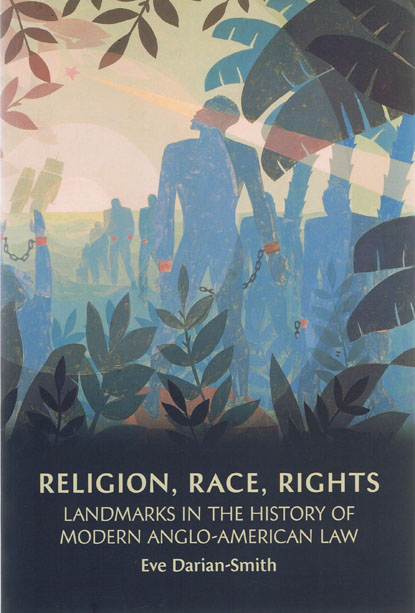
This new book presents a modern history of Anglo-American law that takes into account the influence of religious, social, political and economic factors on the development of the law.
Specifically, it highlights the interconnections between three framing concepts that the author argues are a central triangular force in the development of modern western law: religion, racism, and human rights. What this shows is that our current understanding of the rule of law is historically grounded and linked to the particularities of Christian morality, the forces of capitalism and exploitation of minorities, and specific conceptions of individualism that surfaced firstly with the Reformation in the 16th century, and rapidly developed in the Enlightenment in the 17th and 18th centuries.
The book critically engages with basic assumptions that modern western law is an objective and rational enterprise. Drawing upon landmark legal decisions and historical events, the book emphasises that justice is not blind, because our concept of justice changes over time and is linked to economic power, social values, and moral sensibilities that are neither universal nor apolitical.
This point is of great significance in the 21st century where the economic might of the USA and the west often leads toward a myopic vision of law and a belief in its universal application. This ignores the cultural specificity of western legal concepts, and prevents people appreciating that, analogous to past colonial periods, in a global political economy Anglo-American law is not always transportable, transferable, or translatable across political landscapes and religious communities.